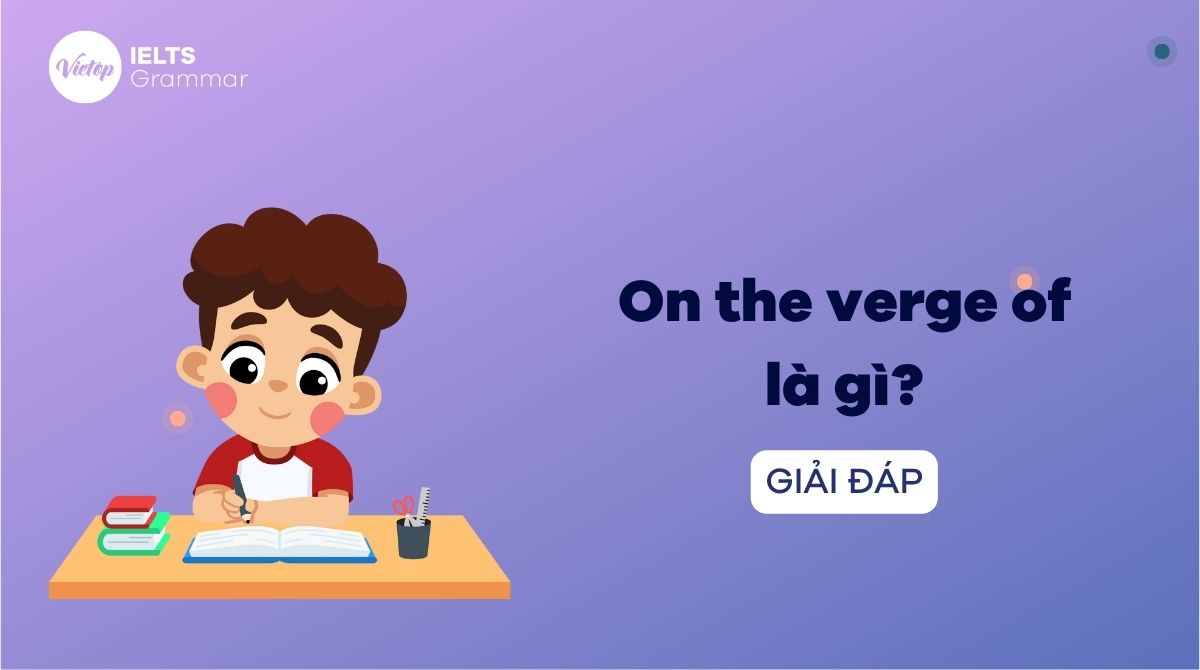Với bài viết hôm nay, mời các bạn cùng Luyện thi Vietop English xem lại những phần thông tin quan trọng nhất về câu tường thuật – Reported Speech trong tiếng Anh và làm một số bài tập trắc nghiệm câu tường thuật để củng cố kiến thức về loại câu rất phổ biến này nhé!
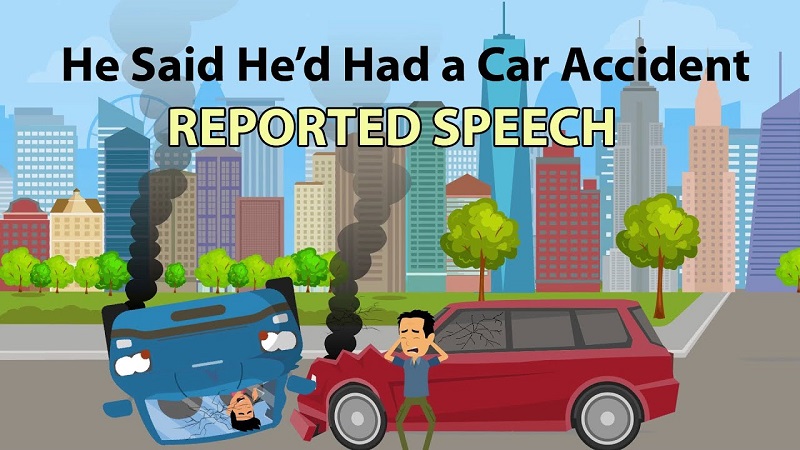
Tổng quát về câu tường thuật
Trong tiếng Anh ta có 2 loại câu, đó là câu trực tiếp và câu gián tiếp.
Câu trực tiếp – Direct Speech thể hiện lại chính xác lời nói của người nào đó và nằm giữa dấu ngoặc kép (trích dẫn).
E.g.: “I always walk to school.” Linda said. (“Tôi luôn đi bộ đến trường.” Linda nói.)
→ Câu gián tiếp – Indirect Speech, hay còn gọi là câu tường thuật – Reported Speech, là loại câu dùng để thuật lại nội dung của lời nói trực tiếp.
E.g.: Linda said that she always walked to school. (Linda nói rằng cô ấy luôn đi bộ đến trường.)
Xem thêm các dạng ngữ pháp:
Ngôi và thì trong câu tường thuật
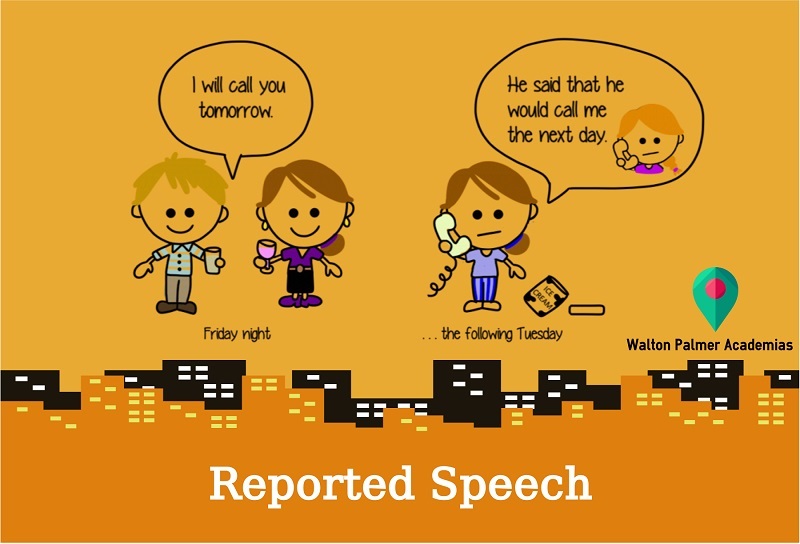
Nếu động từ của mệnh đề tường thuật dùng ở thì hiện tại thì khi đổi sang câu gián tiếp ta chỉ đổi ngôi; không đổi thì của động từ và trạng từ.
E.g.: “I like listening to music.” Helen says.
=> Helen says that she likes listening to music.
Nếu động từ của mệnh đề tường thuật dùng ở thì quá khứ thì khi chuyển sang câu gián tiếp ta đổi ngôi, thì của động từ, trạng từ chỉ thời gian và nơi chốn.
E.g.: “I like listening to music.” Helen said.
=> Helen said that she liked listening to music.
Thay đổi ngôi (Đại từ nhân xưng, Đại từ sở hữu và Tính từ sở hữu)
Ngôi thứ nhất: dựa vào chủ từ của mệnh đề tường thuật; thường đổi sang ngôi thứ ba
- I → he / she
- Me → him / her
- My → his / her
- We → they
- Us → them
- Our → their
Ngôi thứ hai: (You, your)
Xét ý nghĩa của câu và đổi cho phù hợp, ta thường đổi dựa vào túc từ (tân ngữ – object) của mệnh đề tường thuật.
Ngôi thứ ba (He / She / Him / Her / His / They / Them / Their): giữ nguyên
Thay đổi các trạng từ chỉ thời gian và nơi chốn
| DIRECT | INDIRECT |
| Now Here This These Today Tonight Yesterday Last year Tomorrow Next month Ago | Then There That Those That day That night The day before / the previous day The year before / the previous year The following day / the next day / the day after The following month / the next month / the month after Before |
Thay đổi về thì trong câu
| DIRECT (trực tiếp) | INDIRECT (gián tiếp) |
| Present Simple – V1 /Vs(es) E.g.: “I always drink milk.”, Anna said. | Past Simple – V-ed / V2 E.g.: Anna said that she always drank coffee. |
| Present Continuous – am / is / are + V-ing E.g.: “I am reading a book”, John told Anna. | Past Continuous – was / were + V-ing E.g.: John told Anna that he was reading a book. |
| Present Perfect – have / has + P.P / V3 E.g.: “I have been to Tokyo.”, he told me. | Past Perfect – had + P.P / V3 E.g.: He told me that he had been to Tokyo. |
| Present Perfect Continuous – have / has been +V-ing E.g.: They complained: “We have been waiting for days.” | Past Perfect Continuous – had been + V-ing E.g.: They complained that they had been waiting for days. |
| Past Simple – V2 / -ed E.g.: “I arrived yesterday.”, he said. | Past Perfect – had + P.P / V3 E.g.: He said that he had arrived the day before. |
| Past Continuous – was / were + V-ing E.g.: “We were living in Paris at that time.”, my parents told me. | Past Perfect Continuous – had been +V-ing E.g.: My parents told me that they had been living in Paris at that time. |
| Past Perfect – had + P.P / V3 E.g.: “I had just closed the door.” She explained. | Past Perfect – had + P.P / V3 E.g.: She explained that she had just closed the door. |
| Simple future – will + V E.g.: “I‘ll see you next month.” Kate told me. | Present conditional – would + V E.g.: Kate told me that she would see me the following month. |
| Future Continuous will be + V-ing E.g.: She said, “I‘ll be staying at my grandma’s next Friday.” | Conditional continuous – would be + V-ing E.g.: She said that she would be staying at her grandma’s next Friday. |
Chú ý: Những modal verbs này không thay đổi: might, could, would, should, ought to
E.g.: She said, “I might bring a friend to the party tonight.”
=> She said that she might bring a friend to the party that night.
Bây giờ, Vietop mời các bạn cùng làm những bài tập trắc nghiệm nhỏ dưới đây về câu tường thuật – Reported Speech nhé!
Tham khảo:
- Câu tường thuật đặc biệt: Lý thuyết và Bài tập vận dụng
- Câu tường thuật If trong tiếng Anh: Lý thuyết + Bài tập vận dụng
- Tổng hợp những điều cần biết về câu tường thuật với Infinitive và Gerund
Bạn đã sẵn sàng chinh phục kỳ thi IELTS? Đánh giá năng lực bản thân với bài thi thử IELTS MIỄN PHÍ của Vietop English. Bài thi thử sẽ giúp bạn:
- Làm quen với hình thức thi IELTS trên máy tính (nếu bạn chọn hình thức này).
- Kiểm tra trình độ cả 4 kỹ năng Nghe, Nói, Đọc, Viết.
- Quản lý thời gian thi hiệu quả.
- Xác định những kỹ năng cần cải thiện để đạt điểm cao trong bài thi thật.
Đừng bỏ lỡ cơ hội trải nghiệm thi thử IELTS chất lượng ngay hôm nay!
Bài tập trắc nghiệm câu tường thuật trong tiếng Anh
Choose the correct answer
- Julia said, “I may leave tomorrow.”
A. Julia said that she might leave the next day.
B. Julia said that she might leave tomorrow.
C. Julia asked if she should leave the next day.
D. Julia informed me to leave tomorrow.
- He said, “Katherine is busy right now.”
A. He said Katherine was busy.
B. He informed that Katherine was busy then.
C. He said Katherine had been busy.
D. He informed me that Katherine is busy.
- My teacher told me, “You are suspended!.”
A. My teacher exclaimed that I am suspended.
B. My teacher exclaimed to me to suspend.
C. My teacher informed me that I was suspended.
D. My teacher exclaimed that I was suspended.
- He said, “I have been a great tutor.”
A. He said that he had been a great tutor.
B. He said that he was a great tutor.
C. He exclaimed that he was a great tutor.
D. He said that he has been a great tutor.
- Mr. Smith said, “We went for a trip to Japan.”
A. Mr. Smith said that they went for a trip to Japan.
B. Mr. Smith said that they were on a trip to Japan.
C. Mr. Smith said that they had gone for a trip to Japan.
D. Mr. Smith said they went for a trip to Japan.
- Anthony said, “I will take care of this matter.”
A. Anthony said that he would take care of that matter.
B. Anthony said that he will take care of that matter.
C. Anthony said that he would take care of that matter.
D. Anthony said that he will take care of that matter.
- “I am going out tonight.” My sister said.
A. My sister said that she was going out tonight.
B. My sister said that she was going out that night.
C. My sister said she was going out that night.
D. My sister said that she will be going out that night.
- The guard asked the man, “Who are you?”
A. The guard asked the man who he was.
B. The guard asked me who was I.
C. The guard asks me who he was.
D. The guard asked the man who I was.
- My friend said, “The concert ended yesterday.”
A. My friend said that the concert had ended yesterday.
B. My friend said that the concert ended the day before.
C. My friend said that the concert had ended the previous day.
D. My friend said that the concert ended already.
- My mom said, “Bring me a glass of water, please.”
A. My mom command me to bring her a glass of water.
B. My mom me to bring her a glass of water.
C. My mom asked me to brought her a glass of water.
D. My mom ordered me to bring her a glass of water.
- He said, “Let us have dinner here.”
A. He proposed that we had dinner there.
B. He asked if we wished to have dinner there.
C. He said that we should have dinner there.
D. He said that we had dinner there.
- The salesman said, “Are you interested in the scheme?”
A. The salesman said that if I was interested in the scheme.
B. The salesman said that if I were interested in the scheme.
C. The salesman asks if I am interested in the scheme.
D. The salesman asked me if I was interested in the scheme.
- She said, “Shut the door!”
A. She asked me whether I would shut the door.
B. She ordered me to shut the door.
C. She said that I should shut the door.
D. She shouted and said to shut the door.
- She said, “The train will be leaving soon.”
A. She said that the train would leave soon.
B. She said that the train is leaving.
C. She said that the train would be leaving soon.
D. She said that the train will leave soon.
- “Alas! It can’t be this bad.” Andy said.
A. Andy exclaimed with sorrow that that couldn’t be that bad.
B. Andy grieved that it couldn’t be that bad.
C. Andy said that it was really that bad.
D. Andy said with sorrow that that was bad.
- My teacher said, “The sun is a renewable energy source.”
A. My teacher said that the sun was a renewable energy source.
B. My teacher said that the sun is a renewable energy source.
C. My teacher told that the sun is a renewable energy source.
D. My teacher tells that the sun was a renewable energy source.
- The secretary said, “Is Mr. Brown in his office?”
A. The secretary said that if Mr. Brown was in his office.
B. The secretary enquired if Mr. Brown was in his office.
C. The secretary enquired that if Mr. Brown was in his office.
D. The secretary asked if Mr. Brown had been in his office.
- The policeman said, “Don’t cross the speed limit.”
A. The policeman said not to cross the speed limit.
B. The policeman asked if I would cross the speed limit.
C. The policeman forbade me to cross the speed limit.
D. The policeman asks if I had crossed the speed limit.
- Mr. Lee said, “I must attend the meeting.”
A. Mr. Lee said that he had to attend the meeting.
B. Mr. Lee said that it was must that he attend the meeting.
C. Mr. Lee said if he must attend the meeting.
D. Mr. Lee said that he would attend the meeting.
- She said, “What an astonishing view!”
A. She said that the view was astonishing.
B. She exclaimed that the view is astonishing.
C. She exclaimed with joy and said that the view was astonishing.
D. She exclaimed that the view was astonishing.
- My boss said that she ________ there at noon.
A. is going to be B. was going to be C. will be D. can be
- They asked me when _________.
A. did I arrive B. will I arrive C. I had arrived D. I can arrive
- The man said, “ I didn’t see her.” => The man said ____ her.
A. he had seen B. I hadn’t seen C. she didn’t see D. he hadn’t seen
- My dad said, “I watched TV last night.” => My dad said that he _______ TV the night before.
A. was watching B. watched C. had watched D. has watched
- The teacher told us that Columbus ________ America in 1492.
A. discovered B. had discovered C. was discovering D. would discover
- She said, “ I want to give up my job.” => She said that ______________.
A. she wants to give up her job
B. she wanted to give up my job
C. I wanted to give up her job
D. she wanted to give up her job
- Anna said: ”I have not seen Donald since last month .”
A. Mary said she has not seen Peter since the previous month.
B. Mary said she had not seen Peter since the previous month.
C. Mary said she was not seen Peter since the previous month.
D. Mary said she doesn’t see Peter since the previous month
- “ I want to go on holiday but I don’t know where to go.” – said Thomas.
=> Thomas said that _________________________________________.
A. he wanted to go on holiday but he doesn’t know where to go.
B. he wants to go on holiday but he didn’t know where to go.
C. he wanted to go on holiday but he didn’t know where to go.
D. I wanted to go on holiday but I didn’t know where to go.
- “What will you do this evening, John?” Mark asked.
A. Mark asked John what he would do that evening.
B. Mark asked John what John did that evening.
C. Mark wanted to know what she and John would do that evening.
D. Mark wanted to know what John would do that evening.
- He said to them, “Don’t tell me such nonsense!”
A. He told them not to tell him such nonsense.
B. He told them to tell him such nonsense.
C. He told them not to tell them such nonsense.
D. He told them to tell them such a nonsense.
- “I don’t know what mom is doing,” said my sister.
A. My sister said that she didn’t know what mom was doing.
B. My sister said she doesn’t know what mom is doing.
C. My sister said that I don’t know what mom is doing.
D. My sister said that she hasn’t known what mom was doing
- “I’ve been playing tennis a lot lately,” Kai said.
A. Kai said that I have been playing tennis a lot lately.
B. Kai said that he has been playing tennis a lot lately.
C. Kai said that he had been playing tennis a lot lately.
D. Kai said that she had been playing tennis a lot lately.
- The mother asked her son _______.
A. where he has been B. where he had been
C. where has he been D. where had he been
- The maid said, “I gave them the address.”
A. The maid asked whether she should have given the address to them.
B. The maid informed me that she had given the address to them.
C. The maid said that she would give them the address.
D. The maid said to give the address to them.
- “Don’t make noise in the library.” The librarian said to us.
A. The librarian told us not to make noise in the library.
B. The librarian ordered us not to make noise in the library.
C. The librarian said to be quiet while in the library.
D. The librarian asks me to not make any noise.
- Jen says: “I like drawing sketches.”
A. Jen says that she liked drawing sketches.
B. Jen said that she has liked drawing sketches.
C. Jen says that she likes to draw sketches.
D. Jen said that she likes drawing sketches.
- The man said, “You can not park here!”
A. The man said that I may not park here.
B. The man said to me that I was unable to park here.
C. The man told me that I couldn’t park there.
D. The man forbade me to park here.
- She said she _______ collect the documents for me after work.
A. would B. did C. must D. had
- They said that they had been driving through the desert__________.
A. the previous day B. yesterday
C. the last day D. Sunday previously
- Liam told me that he _______ his best in the exam the _______ day.
A. had done / following B. will do / previous
C. would do/ following D. was going / previous
Xem thêm:
Đáp án
| 1 | 2 | 3 | 4 | 5 | 6 | 7 | 8 | 9 | 10 |
| A | B | D | A | C | C | B | D | C | B |
| 11 | 12 | 13 | 14 | 15 | 16 | 17 | 18 | 19 | 20 |
| A | D | B | C | A | B | B | C | A | D |
| 21 | 22 | 23 | 24 | 25 | 26 | 27 | 28 | 29 | 30 |
| B | A | D | D | B | D | B | C | A | A |
| 31 | 32 | 33 | 34 | 35 | 36 | 37 | 38 | 39 | 40 |
| A | C | D | B | A | C | C | A | A | C |
Bạn muốn chinh phục ngữ pháp tiếng Anh nhưng lại đau đầu với câu tường thuật?
Kiểm tra kỹ năng của bạn với bài tập trắc nghiệm câu tường thuật MIỄN PHÍ! Đặt lịch hẹn ngay để nhận thêm nhiều bài tập ngữ pháp khác giúp bạn tự tin chinh phục tiếng Anh.
Bạn sẽ nhận được gì?
- Bài tập trắc nghiệm câu tường thuật với nhiều dạng khác nhau
- Lời giải chi tiết giúp bạn nắm vững các kiến thức về câu tường thuật
- Thêm nhiều bài tập ngữ pháp phong phú để bạn luyện tập
Xem thêm:
Bài tập câu tường thuật đặc biệt từ cơ bản đến nâng cao
Bài tập câu tường thuật trong tiếng Anh từ cơ bản đến nâng cao
Hy vọng sau khi điểm lại những kiến thức tổng quát và hoàn thành 40 câu trắc nghiệm trên, các bạn đã có thể nắm vững được cách sử dụng câu tường thuật – Reported Speech trong tiếng Anh. Vietop chúc các bạn học tốt và hẹn các bạn ở các bài viết sau.

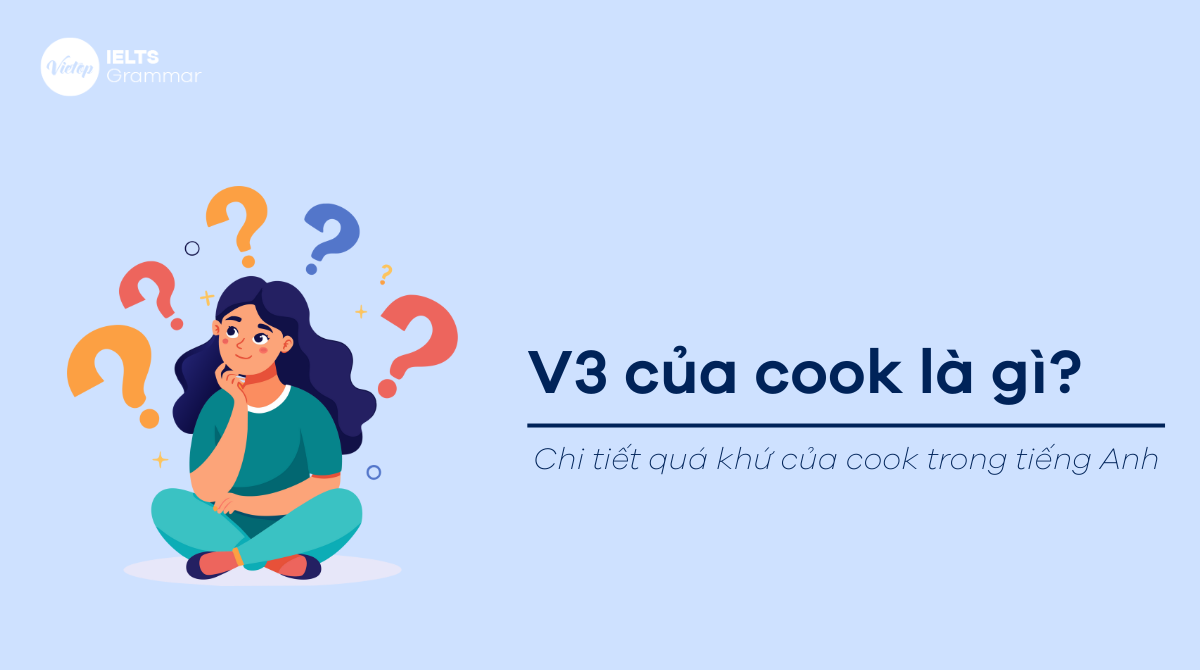
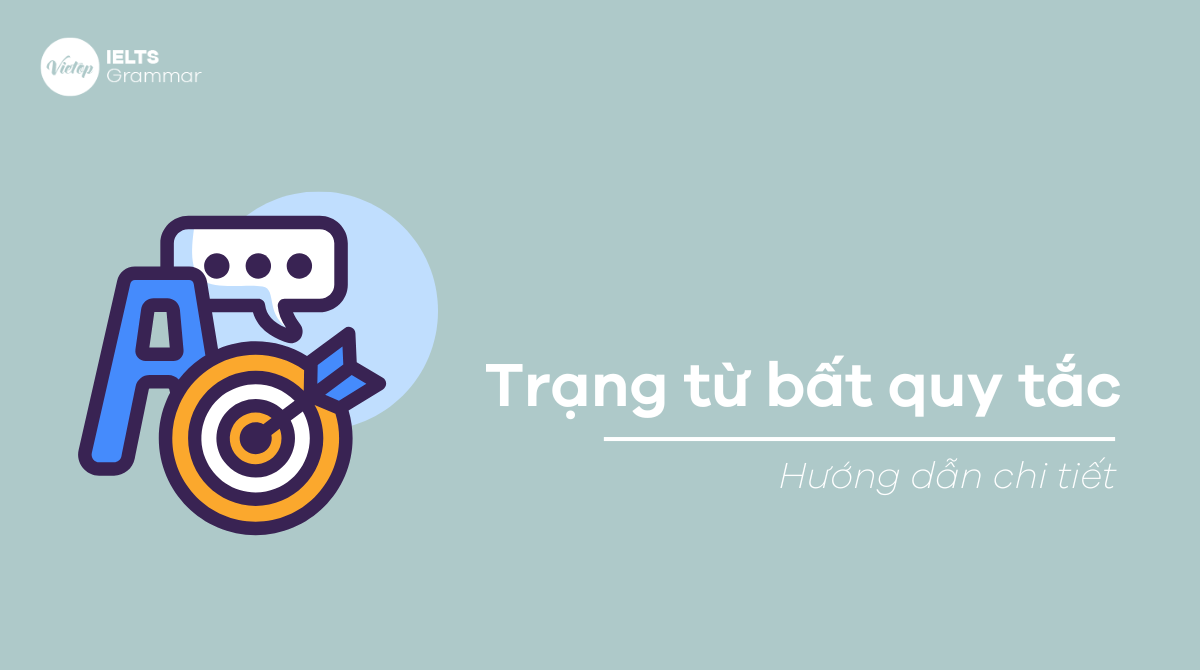
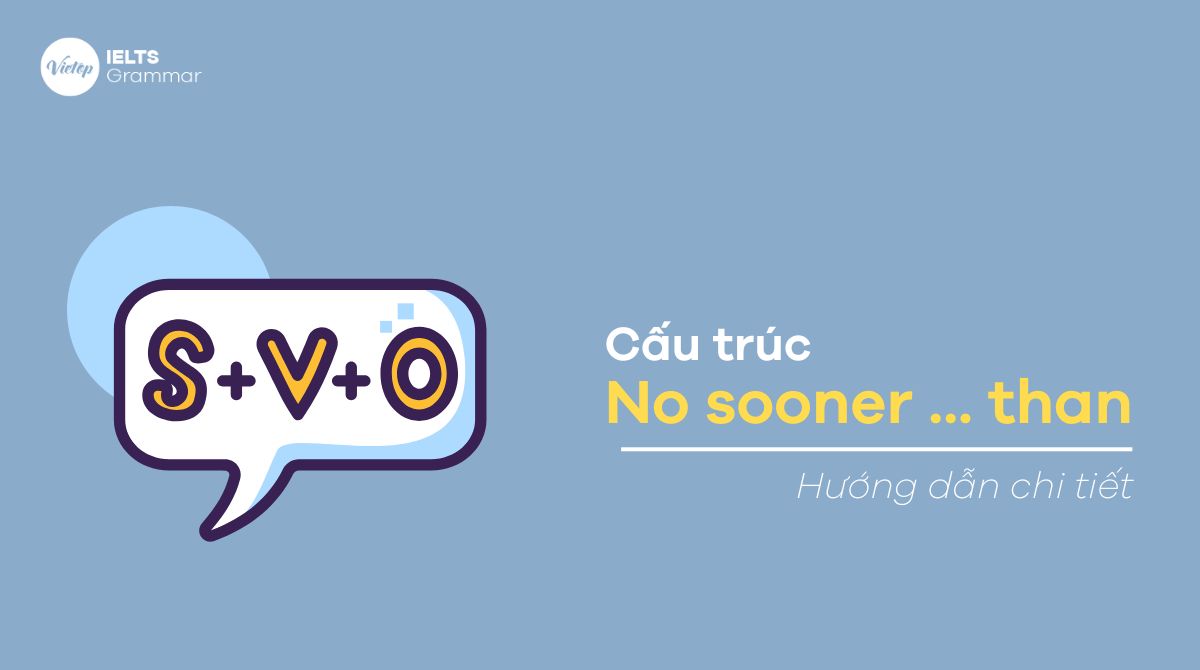
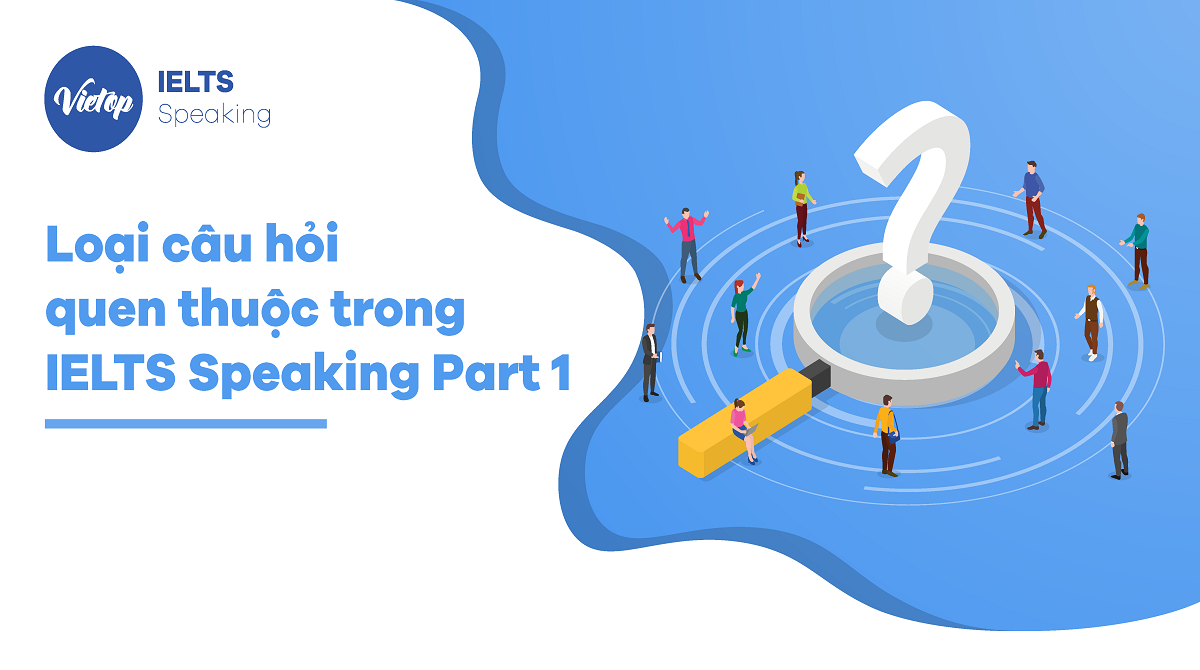
![[Mới nhất] Cập nhật bảng tổng hợp quy đổi điểm IELTS sang điểm xét tuyển đại học khu vực phía Nam 2025](https://vietop.edu.vn/wp-content/uploads/2025/12/thumbnail-cap-nhat-bang-quy-doi-diem-ielts.jpg)


